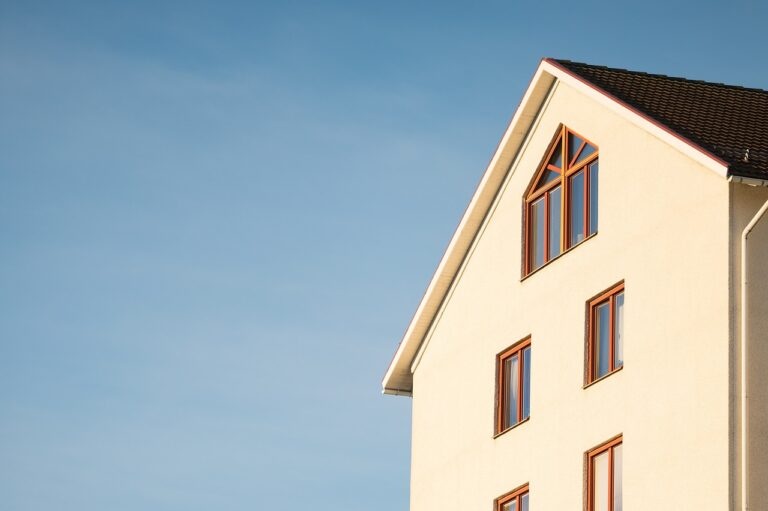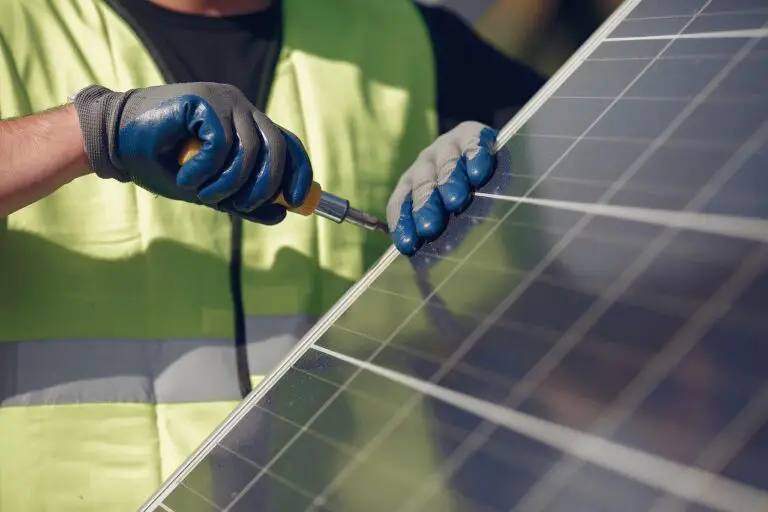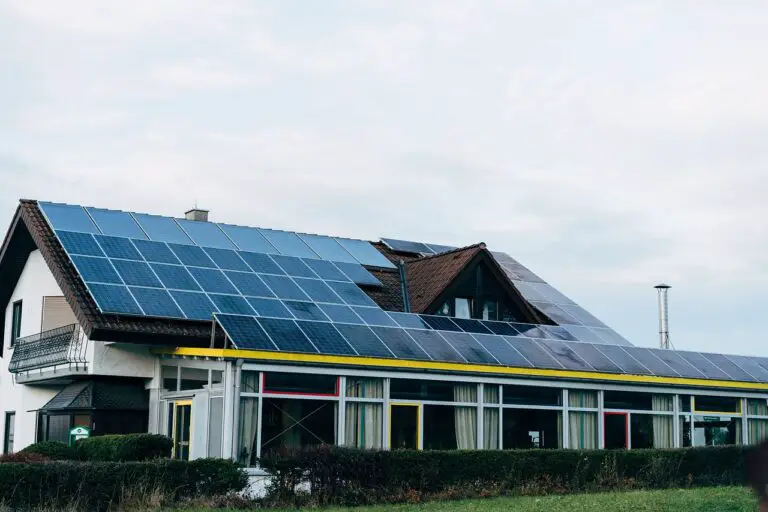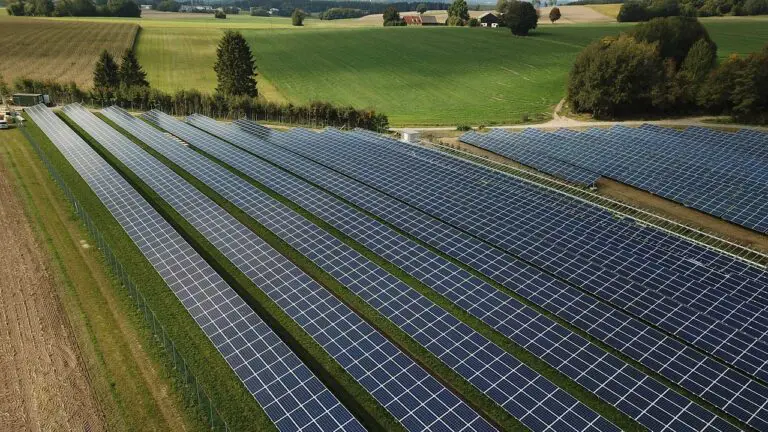Tips for Creating a Renovation Budget
Creating a renovation budget is a crucial step in ensuring your project is successful and financially manageable. Whether you’re planning to update your kitchen, install solar panels, or undertake a major home improvement, having a solid budget is essential. This guide will walk you through the key steps to creating an effective renovation budget, incorporating tips for securing loans for solar panels and green home improvement loans.
Understand Your Renovation Goals
Define Your Project Scope
Before diving into numbers, clearly define the scope of your renovation. Are you focusing on a complete home makeover or just updating specific areas? Understanding your renovation goals will help you estimate costs more accurately. For example, installing solar panels involves different expenses compared to a kitchen remodel.
Detail Your Renovation Objectives:
- Complete Renovation: Consider all aspects such as design, materials, and labor.
- Partial Renovation: Focus on specific areas like bathrooms or bedrooms.
Prioritize Your Needs
Once you define the scope, prioritize your renovation needs. This approach ensures that you allocate funds efficiently. Determine which elements are essential and which are optional. For instance, if installing solar panels is a priority, allocate a significant portion of your budget to this green home improvement.
Essential vs. Optional:
- Essential Needs: Items that are crucial for the renovation.
- Optional Features: Upgrades that enhance but are not necessary.
Research Costs and Gather Estimates
Research Material and Labor Costs
Accurate budgeting requires thorough research into material and labor costs. Get multiple estimates from contractors and suppliers to avoid overpaying. Websites like HomeAdvisor and Angie’s List can provide insights into average costs and reliable service providers.
Sources for Cost Estimates:
- HomeAdvisor
- Angie’s List
Consider Additional Costs
Always budget for unexpected expenses. Renovation projects often uncover issues that require additional funds. Set aside a contingency fund, typically 10-20% of the total budget, to cover unforeseen costs.
Additional Costs to Consider:
- Permits: Required for many types of renovations.
- Inspection Fees: Necessary for compliance with building codes.
Explore Financing Options
Loans for Solar Panels
If your renovation includes installing solar panels, explore loans for solar panels to manage costs effectively. Solar financing options can include personal loans, home equity loans, or specialized solar loans. Research different loan types to find the best terms and rates.
Types of Solar Loans:
- Personal Loans: Unsecured loans that can be used for solar panel installation.
- Home Equity Loans: Loans based on your home’s equity, offering potentially lower interest rates.
- Solar-Specific Loans: Designed specifically for solar panel installations, often with favorable terms.
Green Home Improvement Loans
For other eco-friendly renovations, consider green home improvement loans. These loans support energy-efficient upgrades and may offer benefits such as lower interest rates or longer repayment terms.
Green Loan Options:
- Energy-Efficient Mortgages (EEMs): Integrated into your mortgage, these loans finance energy-saving home improvements.
- Property Assessed Clean Energy (PACE) Financing: Allows you to finance green upgrades and repay through property taxes.
More Information:
- Energy.gov: Solar Financing
- Green America: Green Home Loans
Create a Detailed Budget Plan
List All Project Costs
Develop a comprehensive list of all anticipated costs. This should include materials, labor, permits, and any additional expenses. Break down each category to ensure no cost is overlooked.
Budget Categories:
- Materials: Flooring, fixtures, paint, etc.
- Labor: Contractor fees, specialized tradespeople.
- Permits and Fees: Necessary for compliance.
Use Budgeting Tools
Utilize budgeting tools and apps to keep track of your expenses. Tools like spreadsheets or online budget calculators can help manage your finances more efficiently. Regularly update your budget to reflect any changes or additional costs.
Recommended Budgeting Tools:
Monitor and Adjust Your Budget
Track Expenses During Renovation
Once your renovation begins, monitor your spending closely. Keep all receipts and track expenses to stay within budget. Regularly review your spending to ensure you’re on track.
Adjust as Needed
If unexpected costs arise, adjust your budget accordingly. Reallocate funds from non-essential areas if necessary. Flexibility is key to managing a renovation budget effectively.
Plan for Post-Renovation Costs
Maintenance and Upkeep
Don’t forget to budget for ongoing maintenance and upkeep after your renovation. Consider future costs associated with maintaining your new improvements. For instance, solar panels may require occasional cleaning or repairs.
Evaluate the Financial Impact
Review how your renovation impacts your overall finances. Assess energy savings from green improvements and how they affect your long-term budget. Track these savings to ensure they meet your expectations.
Conclusion
Creating a renovation budget involves careful planning, research, and flexibility. By defining your renovation goals, researching costs, exploring financing options, and monitoring your budget, you can manage your renovation project effectively. Remember to consider specific loans for solar panels and green home improvement loans to support eco-friendly upgrades. With these tips, you’ll be well-prepared to tackle your renovation and achieve your goals within budget.







